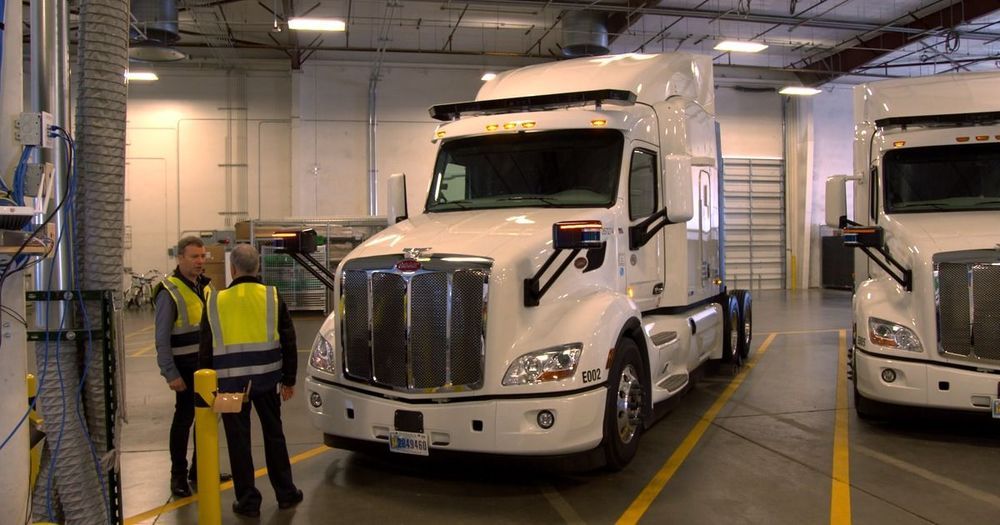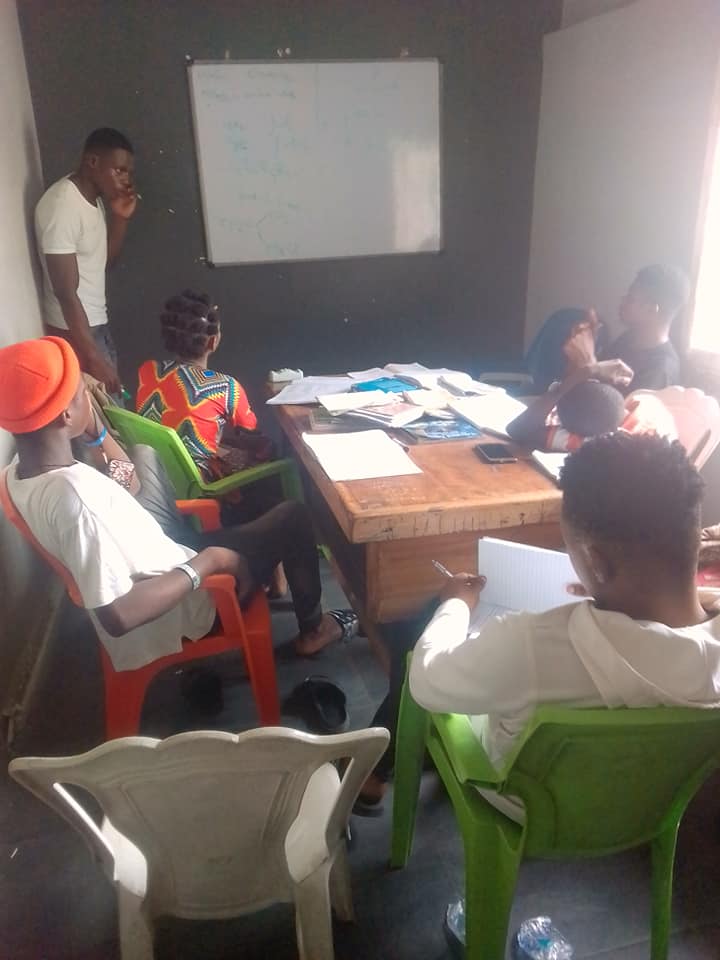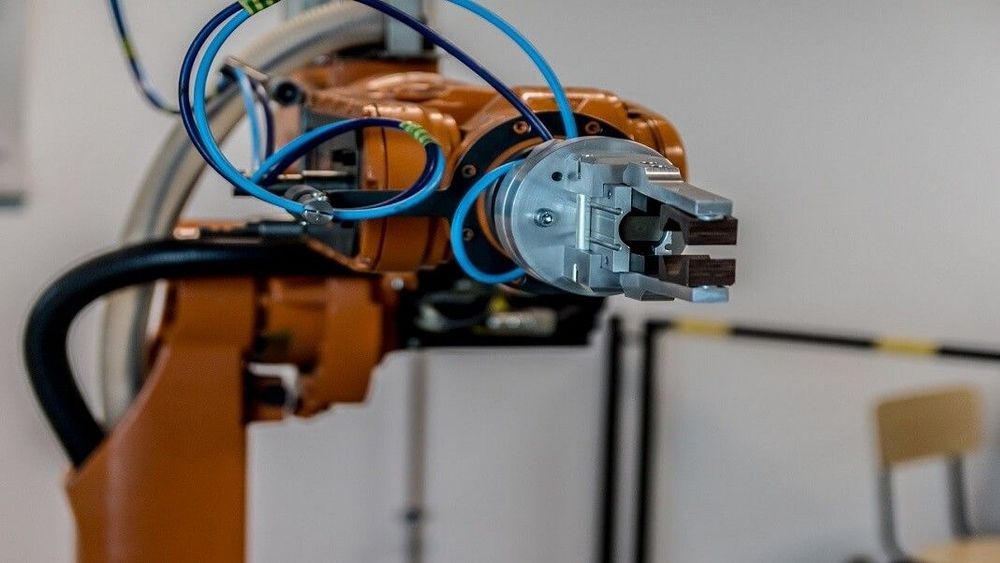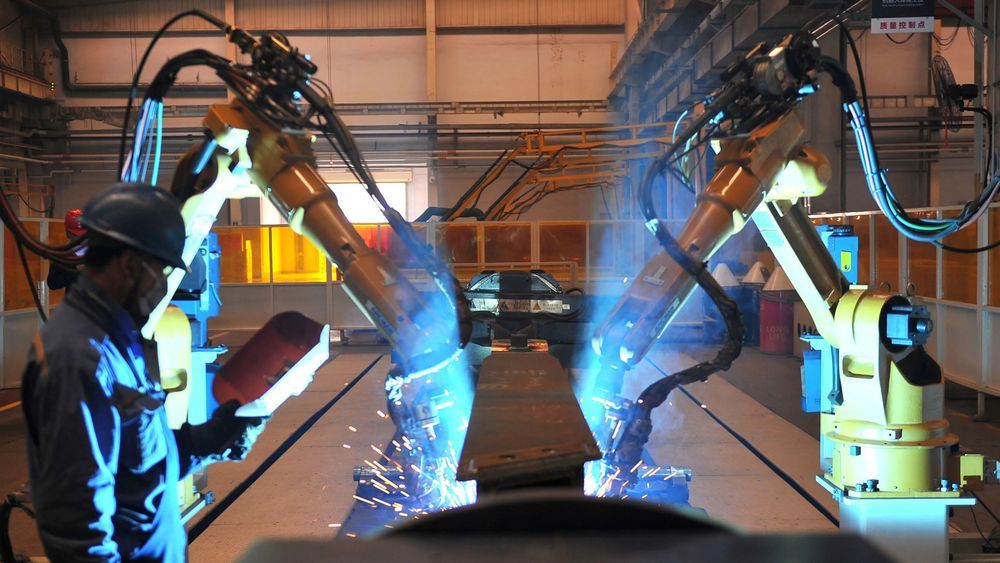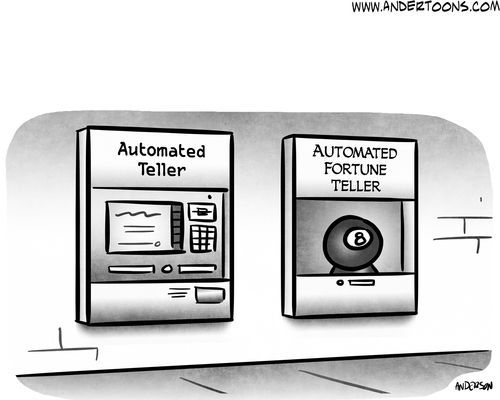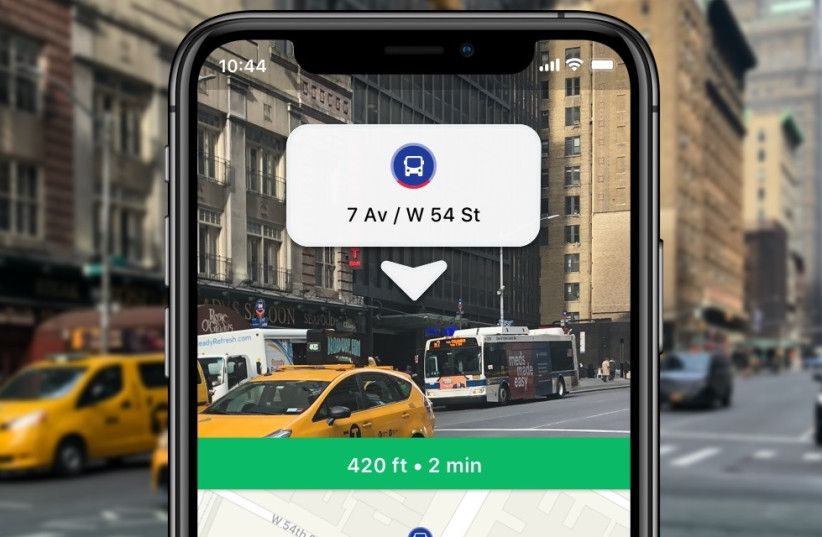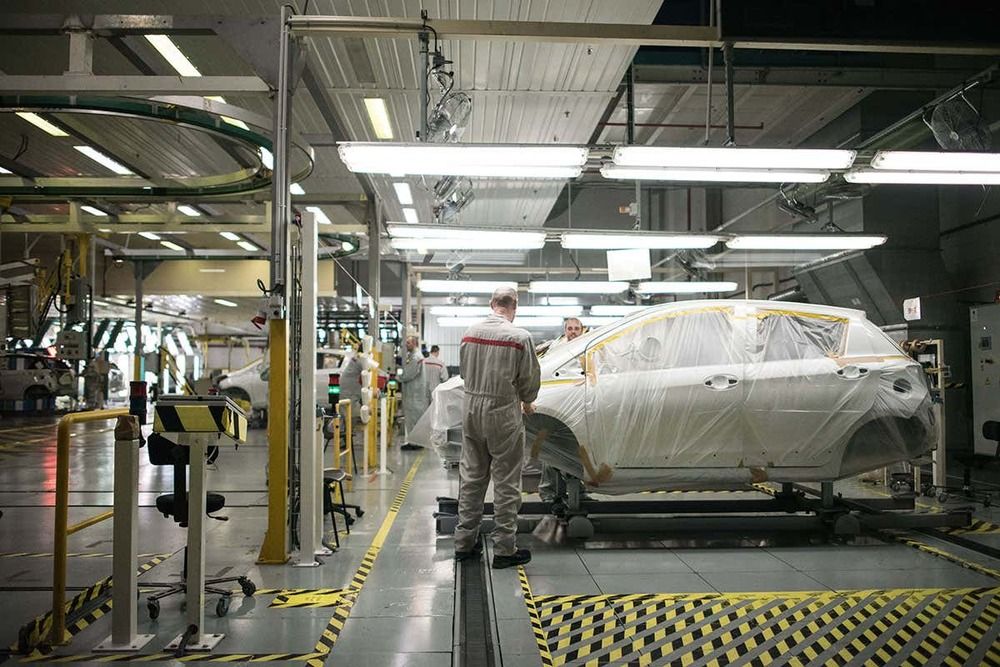Mar 24, 2020
A Letter About Coronavirus, the Longevity Movement, & Why Quarantining is Killing Us
Posted by Zoltan Istvan in categories: biotech/medical, economics, employment, mathematics, transhumanism
I have not been a supporter of an extended public quarantine or shut down, if any. There are a number of reasons why (governments steal liberty during such times; national debt increases and is used to the point of total socialism; inequality becomes permanent; etc), but in this letter below to everyone I want to talk specifically about why a quarantine is ultimately harming the life extension and #transhumanism movements. Don’t ever forget, we are in a race to save the lives of “everyone” right now with the plague of aging, not just those who might get #coronavirus.
Dear Fellow Humans.
If you believe in the life extension movement of trying to live indefinitely through science and technology, then you likely should not support the worldwide quarantine (at least don’t support it over 14 days in the West where we don’t have the ability to do it as efficiently as Asia). It’s horrible that so many lives will be lost by COVID-19, but in a worse-case scenario it’s likely 100 million people will die globally (mostly older people who have only a few years left to live due to their underlying medical conditions of aging — and who have likely been kept alive due to science and 21st Century medicine anyway). But the damage we could cause (and almost certainly are causing) with the quarantine and shut down to the US and global economy may cost the life extension movement and its scientific research possibly three to five years of progress — because the funding, projects, and jobs around the anti-aging industry will disappear for a notable time. The math shows that if we achieve indefinite lifespans for the human race by the year 2035 vs 2040, approximately 250 million lives will be spared and could then go on indefinitely. The aging math (or life hours) for any transhumanist shows that if we care about human life and longevity — about how long people alive today live — then we should not quarantine the world right now, but get the economy going again as a first priority so that we may fund the future of anti-aging science for the species. Some of us call this reasoning the Transhumanist Wager. For the sake of everyone alive today, it must be acknowledged that there is a dramatically larger percent gain (many thousands of percent) of overall life years for our species by not quarantining and shutting down the world. This is all a horrible scenario, and one I am terribly sad to share with you, but that doesn’t mean we should cower from facts. We owe our species the most courageous decision for its long-term longevity of all its living citizens.



